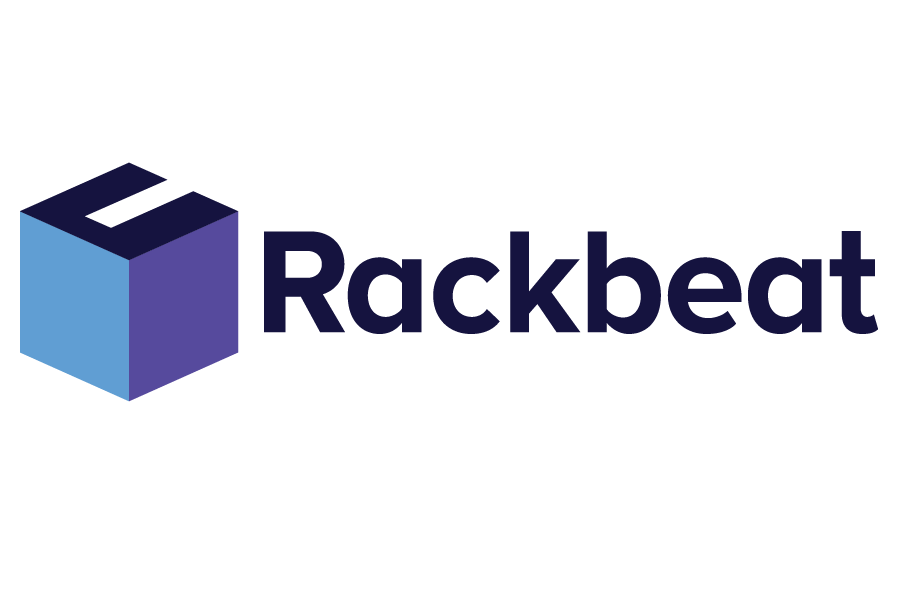Tied-Up Capital
Tied-up capital refers to the amount of capital tied up in a company's assets, including inventory, equipment, and other physical assets, as well as accounts receivable. It is essentially the part of the company's capital that is invested in operational resources that are not immediately liquid. In an inventory management context, tied-up capital often focuses on the value of the goods held in inventory since these represent a significant investment that does not generate revenue until sold.
Rackbeat March 10, 2024
How Does Tied-Up Capital in the Inventory Affect a Business?
A high degree of capital commitment in the inventory can indicate inefficiency, as it suggests that the company has excess inventory items that do not contribute to immediate revenue. This can lead to increased storage costs and the risk of obsolescence. On the other hand, too low a capital commitment in inventory can lead to failure to fulfill customer orders and lost sales. Therefore, optimal capital commitment is crucial for financial health and operational efficiency in a business.
Strategies for Optimal Capital Commitment
- Effective Inventory Management: Implementing systems like JIT (Just-In-Time) can help minimize unnecessary capital tied up in inventory.
- Demand Forecasting: Using accurate data and analysis to predict customer demand can optimize inventory levels.
- Diversification of Suppliers: Ensuring that the company can respond quickly to shifts in demand without needing to hold large amounts of inventory.
- Inventory Optimization: Identifying and offloading slow-moving or obsolete inventory to free up bound capital.
Rackbeat’s Role in Reducing Tied-Up Capital in the Inventory
Rackbeat offers an inventory management solution that can help address the challenges of high capital commitments in inventory. By using Rackbeat’s reports and reorder reminders, businesses can achieve an optimal balance of inventory levels that match actual demand. This reduces the risk of overstocking and thus minimizes the capital tied up in inventory.
Rackbeat also helps improve inventory turnover through real-time updates and accurate stock takes, ensuring that businesses can make informed purchasing decisions. By implementing Rackbeat’s inventory management solution, companies can improve their financial flexibility and operational efficiency, resulting in lower capital commitment and better liquidity management. This supports not only more efficient operations but also contributes to a stronger financial position and greater competitiveness in the market.



